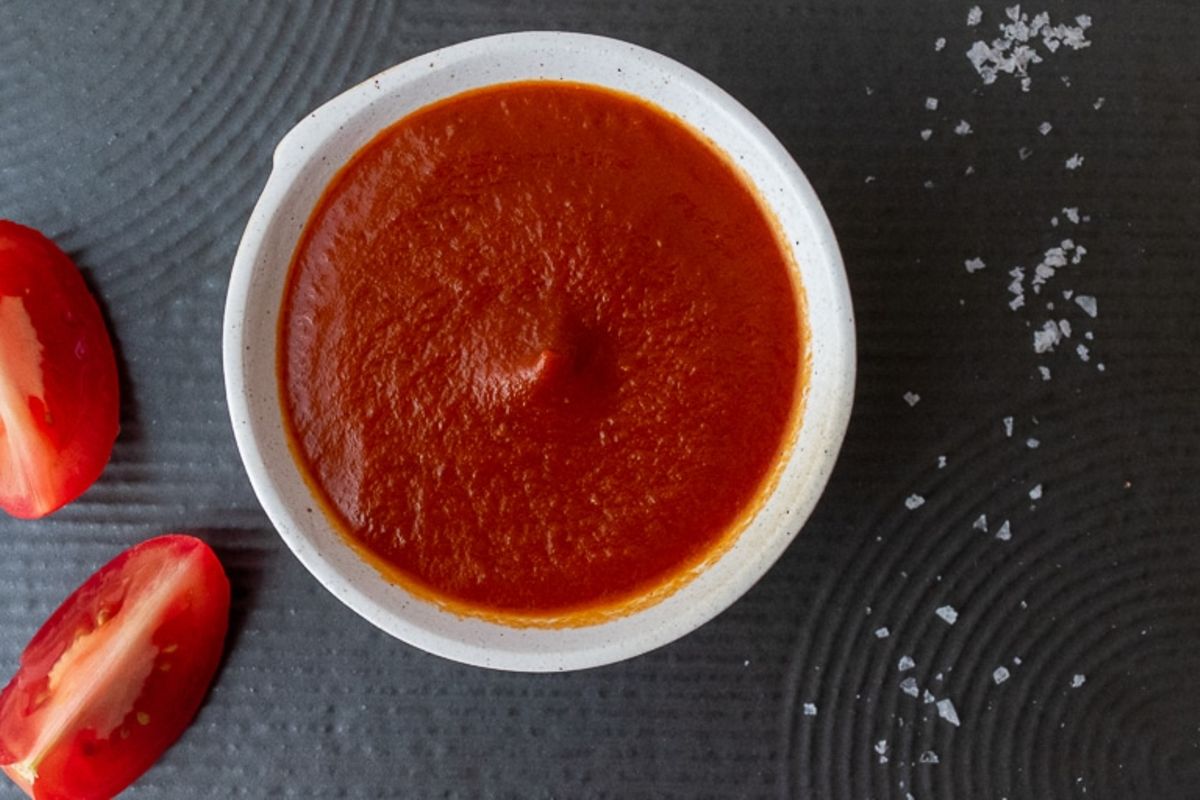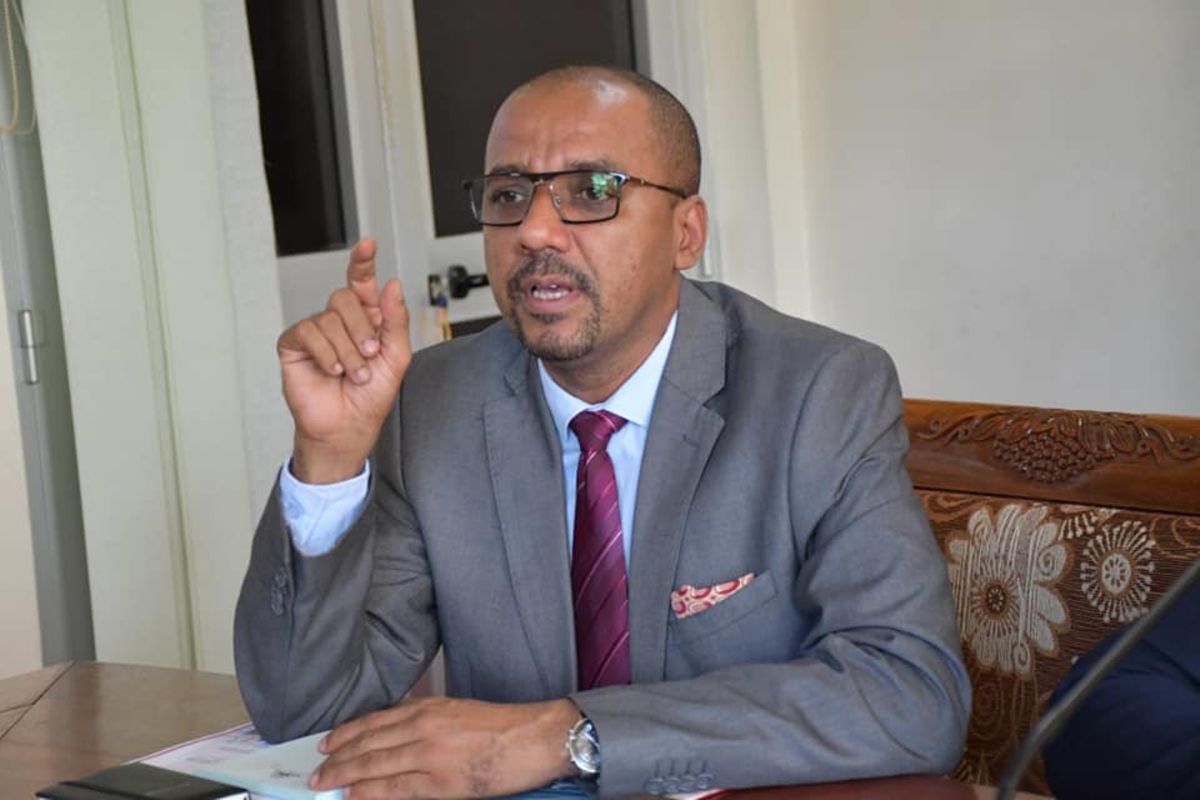Dar es Salaam. Hatua ya Serikali kupendekeza kutoza ushuru wa bidhaa kwa kiwango cha Sh300 kwa kilo ya tomato sauce na tomato ketchup, chilli sauce na chilli ketchup zinazotoka nje ya nchi, imeelezwa na wadau wa uchumi kuwa inatokana na kukosekana ubunifu wa vyanzo vya mapato.
Akiwasilisha bajeti ya Serikali kwa mwaka 2024/25 bungeni Juni 13, 2024, Waziri wa Fedha, Dk Mwigulu Nchemba alisema lengo la hatua hiyo ni kuongeza mapato ya Serikali na kupata fedha za fidia ya athari hasi zinazotokana na matumizi ya sukari na chumvi iliyopo katika bidhaa hizo, hatua ambayo alisema inatarajia kuongeza mapato ya Serikali kwa Sh634 milioni.
Baadhi ya wachumi na wataalamu wa lishe waliozungumza na Mwananchi Juni 15, 2024 wamesema kama Serikali imekusudia kudhibiti matumizi ya bidhaa hizo haipaswi kuzungumzia suala la makusanyo.
Wamehoji ni kwa namna gani mtu aliyeathiriwa na bidhaa hizo anapatiwa fidia.
Dk Godfrey Malisa, mchambuzi wa masuala ya siasa na uchumi, amesema ushuru unaopendekezwa ni kutokana na bajeti kuwa tegemezi kwa kiasi kikubwa, akisisitiza Tanzania ina vyanzo vingi vya mapato lakini hakuna ubunifu wa kupata vipya badala yake vitu vidogo ambavyo tayari vina kodi vinaenda kuongezewa mzigo.
“Zipo nyingi zina athari na hazijaguswa, ukisema unaweka kodi hizi kwa sababu hiyo, ukiingia sokoni zipo bidhaa zina athari kubwa kuliko hizo na hazijaguswa, ukiongeza hizo hela ndiyo suluhu ya kupunguza athari?”amehoji Dk Malisa.
Amesema wananchi wa kawaida hivi sasa wamekatishwa tamaa kulipa kodi kwa hiari kutokana na matumizi yake kutoendana na mahitaji yao.
Profesa Haji Semboja, mwanataaluma ya uchumi amesema nchi yoyote, kutokana na sera zake, inaweza kuweka mbinu ya kutekeleza sera kutokana na sababu za kimaisha, mazingira, kisiasa na kiuchumi.
“Kuongeza ushuru kwenye bidhaa maana yake hutaki mtu huyo atumie kitu hicho kutokana na sababu za kiafya, mfano sigara na vilevi na hii inaweza kutekelezwa kupitia sera za nchi au nje ya nchi, tatizo ni kwamba ukisema unatekeleza hilo kupata fedha si sahihi, ulipaswa tuishie kuzuia athari,” amesema.
Amesema uwekaji wa ushuru kwenye bidhaa hizo iwe ni kwa sababu za kiafya pekee na si kuongeza mapato.
Mtaalamu wa lishe, Emmanuel Maganga amesema kuweka ushuru kwa bidhaa zinazotoka nje kwa lengo la kufidia athari kiafya, haina maana.
“Kwa hiyo fidia mtu aliyeathirika anasaidiwaje? Sioni kama ina mantiki kwa sababu tayari umeruhusu na watu wanaathirika na unapokea fidia hiyo, ina maana gani?” amehoji.
Hata hivyo, mtaalamu wa lishe kutoka Shirika la Chakula la Kilimo la Umoja wa Mataifa (FAO), Stella Kimambo amesema kiafya matumizi ya vyakula vilivyosindikwa viwandani si salama kwa afya.
Amesema hatua ya kuwekwa ushuru ni moja ya mikakati ya kuwasaidia wananchi kuondokana na matumizi ya bidhaa hizo ambazo zimekuwa na mchango mkubwa wa maradhi yasiyo ya kuambukiza kama kisukari, maradhi ya moyo na kiharusi.
“Hata nchi zingine zinapoona chakula kina madhara, zinaweza kuongeza ushuru. Tuna nyanya nyingi na zinapotea kutokana na kutokuwa na viwanda, hatua hizi za kutoza ushuru bidhaa za nje ni sehemu ya kuimarisha soko la ndani,” amesema.
Akizungumzia madhara ya chumvi, mtaalamu wa lishe, Fatma Mwasora amesema japo bidhaa hiyo ina umuhimu mwilini, matumizi yake yanapaswa kuwa madogo.
“Watu wenye matatizo ya maradhi ya kudumu wanapaswa kupata ushauri kwa daktari,” amesema.
Miongoni mwa hatari za matumizi ya chumvi na sukari ni kuchangia shinikizo la juu la damu, kisukari, moyo, kiharusi na saratani, magonjwa ambayo kwa mujibu wa Wizara ya Afya, bajeti ya kuhudumia magonjwa yasiyoambukiza iliongezeka mara tatu mwaka 2021/22 hadi kufikia Sh99.08 bilioni ukilinganisha na Sh35.65 bilioni mwaka 2016/17.
Takwimu zinaonyesha shinikizo la juu la damu lipo kati ya asilimia 20 hadi 30 ikiwa na maana kuwa katika kila wananchi 10, wawili hadi watatu wana tatizo hilo.
Uhalisia ulivyo
Kwa mujibu wa tovuti ya Shirika la Afya Duniani (WHO) kiwango cha chumvi ambacho ni salama kinachopendekezwa kutumika kwa siku ni miligramu 1,500 takribani nusu kijiko cha chai na isizidi miligramu 2,000.
Bidhaa ya tomato Ketchup kwa mujibu wa Taasisi ya Moyo ya British Heart Foundation ya nchini Uingereza, kuna gramu 0.3 za chumvi na gramu 4.1 ya sukari kwenye kijiko kikubwa cha chakula cha bidhaa hiyo.
Source: mwananchi.co.tz














